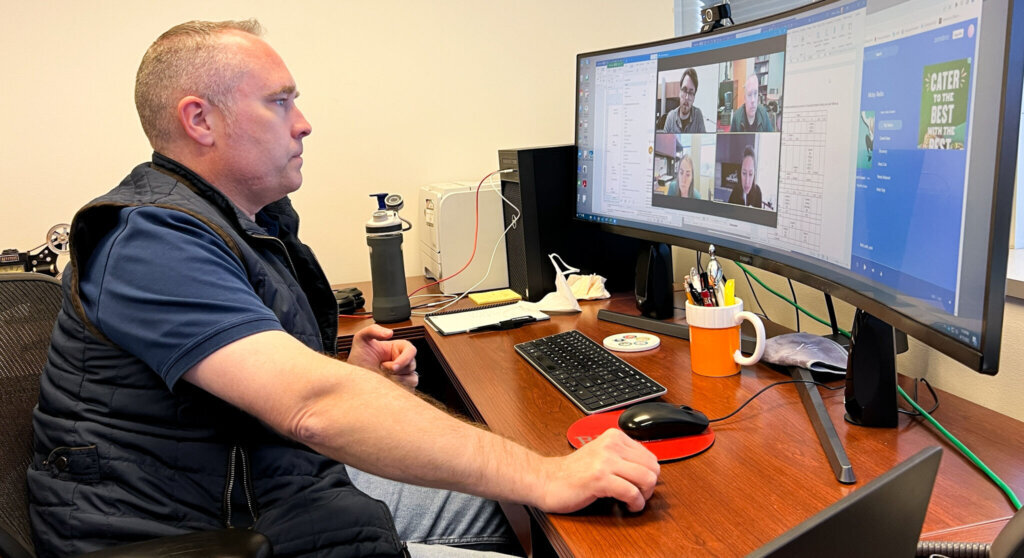
Asking the right questions can better identify people at risk for suicide, especially those with access to firearms, according to a study published in the Journal of the American Medical Association Network.
About half of those who try to kill themselves or died by suicide answered that they were not thinking about killing themselves when asked if they were thinking of taking their own life.
“But for whatever reason, higher-risk gun owners are just less likely to say that they’re having thoughts about suicide, even though they are definitely thinking about ways or methods to attempt suicide,” said Craig Bryan, a professor of psychiatry and behavioral health at Ohio State University.
Bryan, who has a doctorate in clinical psychology, led the study conducted with colleagues at The Ohio State University Wexner Medical Center.
He said the research suggests that “maybe we change how we ask a question, by specifically asking, ‘Have you been thinking about ways or methods to attempt suicide?’ As opposed to, ‘Have you been thinking about killing yourself?’”
According to Bryan, the findings have implications within the health system and for family members and friends.
“When we’re worried about someone that we care about, a loved one, many of us have learned to ask questions about: ‘Are you wanting to kill yourself? Are you thinking about suicide?’ And it may be helpful for all of us to also add just another question when we’re concerned about someone that says, ‘Have you been thinking about ways to attempt suicide?’” Bryan said.
Firearms account for half of all U.S. suicides. Bryan believes that’s because with just about every other method, there’s a longer period of time before a person would die. “And so there’s more opportunity for someone to change their mind, or for someone else to kind of intervene and help them,” he said.
Bryan said people frequently ask him what they can do to help loved ones they believe are at risk of suicide.
“The implication here really is taking steps to improve safety within the household by locking up, securing personally owned firearms; it’s probably the single most effective thing we can do to reduce suicides in the U.S.,” Bryan said.
He said moments of crisis that can lead to suicide tend to come on suddenly and don’t last long. He uses an analogy to illustrate how even a brief intervention might make a difference.
“When someone is intoxicated, it’s not safe for them to drive. So, we might temporarily take away someone’s car keys or restrict their access to driving. And it might be the same here, for suicide where if a gun-owner is going through a tough period, they’re experiencing intense stress, we might temporarily change access to firearms by locking up the guns, by using safes or other locking devices, maybe even just temporarily removing the firearm from the home,” Bryan said. “Once they get through that high-risk period, we can return the firearm. But it helps to reduce the probability of a bad outcome during that really, sort of, narrow period of time.”
WTOP has reached out to the National Rifle Association for comment regarding the study.
If you or someone you know is experiencing emotional distress, you can call the National Suicide Prevention Lifeline at 800-273-8255; you can reach the Crisis Text Line by texting the word TALK to 741741.
Starting July 16, everyone in U.S. will be able to reach the National Suicide Prevention Lifeline by dialing 988.








